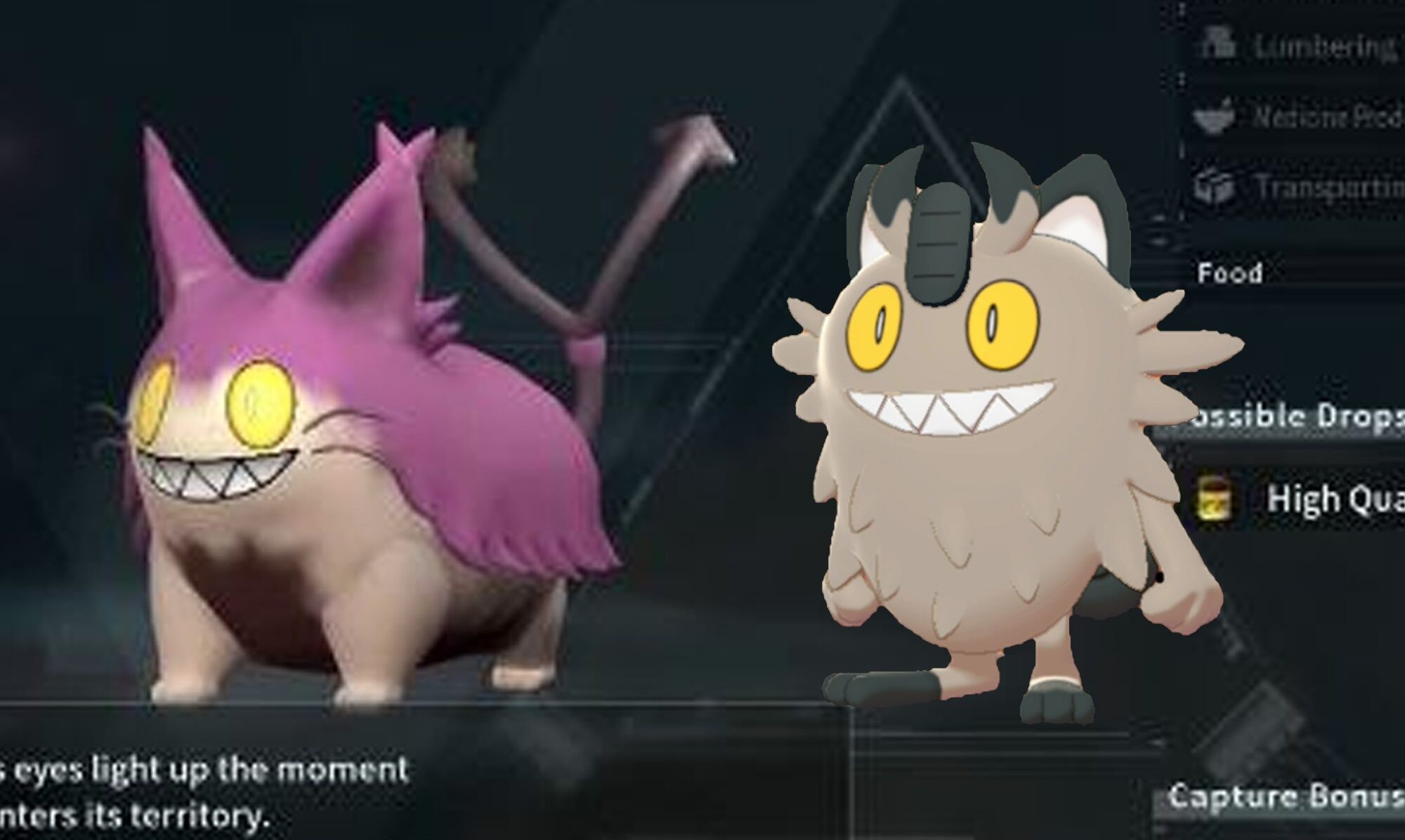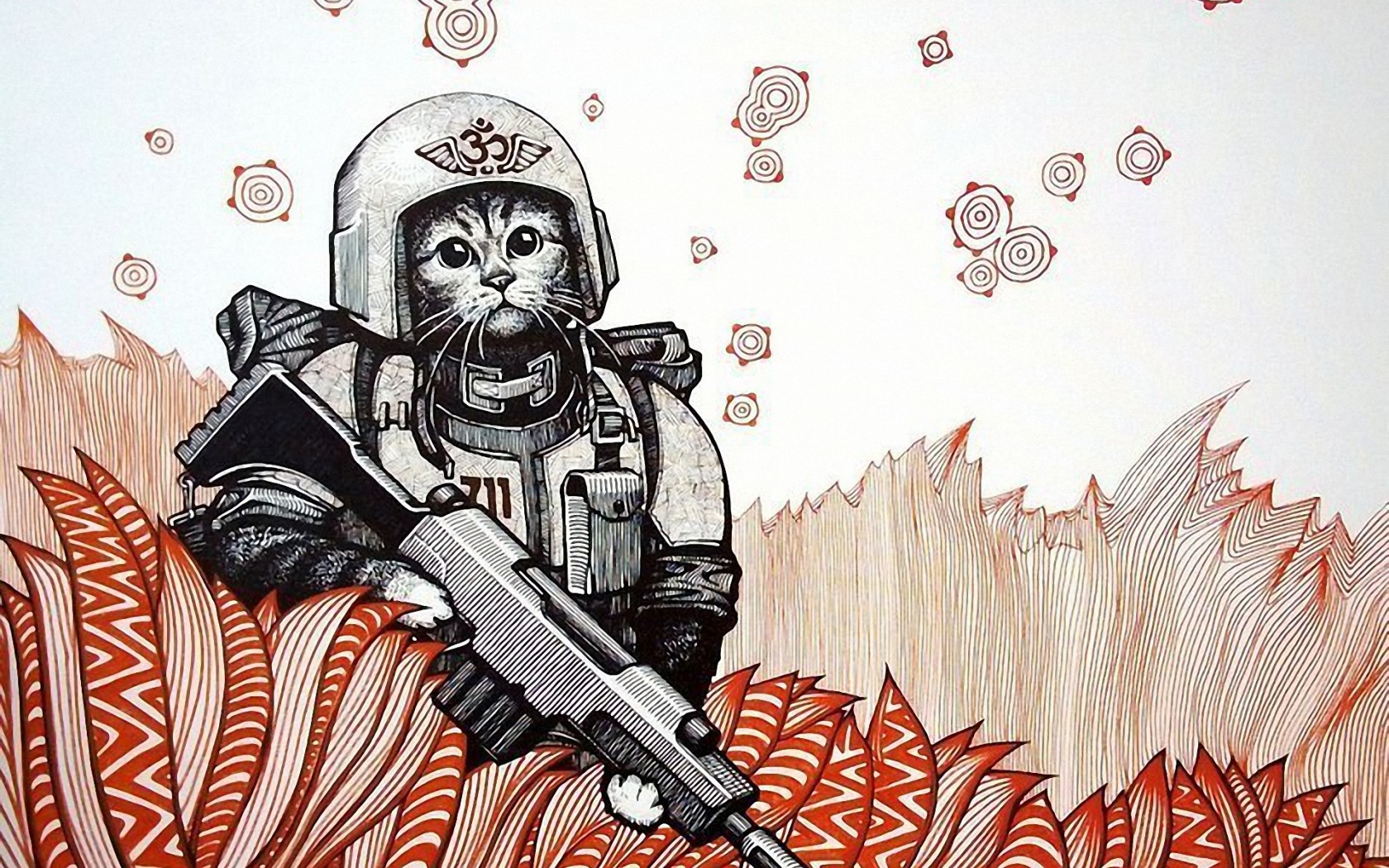Social media users highlight character design similarities and developer’s generative AI…
what an awful article. some people on twitter speculated about some things. journalism!
I want to like Palworld, but I don’t know if I can support running existing Pokemon through a fusor and passing them off as ‘new’ IP
Imagine being morally outraged on behalf of a multibillion dollar corporate behemoth.

Just stop.
It’s a pretty fun game, but you sit there wondering how Nintendo has let this pass with some of the pals.
It’s Nintendo. They’re probably preparing an elite team of their best lawyers in an Avengers-esque montage right now.
NINTENDO LEGAL TEAM…ASSEMBLE!!!
well if the digimon case taught them anything, they dont own the idea of monsters that you can catch, and if they are based on real world animals you cant really own them, outside of name.
I purchased Palworld today, started it up, I made a character, and walked around a bit, but I had to exit the game to go get an errand done. I get this game is aping pokemon hard, but the thing that struck me hard was how much they ripped off the “New Area Discovered” sequence Legend of Zelda Tears of the Kingdom used. Palworld did the same behavior as I left a cave, almost the same sound/music clip, the font looked the same, the color too. Yeah, very much felt like a copy/paste, what a bizarre thing to copy.
Setting aside the topic of generative AI, isn’t it about time that Pokemon goes to the public domain?
It’s been a long time since I read Lawrence Lessig, but I think we would undo Disney’s mods to copyright laws and allow more cultural remixing after a reasonable time. Like maybe 20 years instead of a century?
Legally? No, it’s not time for it to enter public domain.
That being said, yes, Pokemon should be close. The original copyright term in the US was 17 years with an additional 17 years extension. 34 years is plenty time to get money out of a work. It’s time we stop letting corporations exploit the public domain without giving back
Copyright duration and rules are ripe for a complete overhaul, but it is worth noting that the so-called “Mickey Mouse Protection Act” really just put the US in line with the other countries in the Berne Convention, which the US had dragged its feet on signing onto for decades. Once the US agreed to respecting international rules for IP, offering a shorter copyright duration than Europe was an obvious disadvantage.







